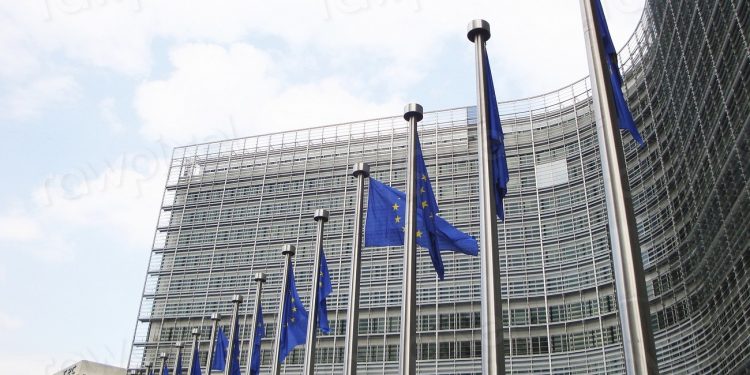As 2024 unfolds, Europe faces a challenging and complex migration landscape, shaped by an increase in asylum seekers, shifting political responses, and deepening humanitarian concerns. The ongoing situation reflects Europe’s struggle to balance border control with humanitarian obligations, leading to controversial strategies and international debates.
Surge in Asylum Seekers and the Humanitarian Toll
Europe witnessed a significant influx of asylum seekers in 2023, with over 264,000 arrivals by boat and land, marking the highest figure since 2016. Italy, a major landing point, received 60% of these arrivals. This increase underscores the persistent and perilous journey thousands undertake across the Mediterranean. Tragically, at least 2,571 people lost their lives in these treacherous waters in 2023 alone, contributing to the total of over 28,000 deaths since 2014. Such stark numbers not only highlight the dangers faced by asylum seekers but also call attention to Europe’s maritime rescue challenges and the ethical dimensions of migration policies.
Political Reactions and the Externalization of Asylum Processing
European countries, grappling with the rise in asylum seekers and internal political pressures, are exploring new ways to manage migration. This includes the controversial concept of externalizing asylum processing to other nations. Deals to offload asylum seekers to countries like Albania, Georgia, and Ghana have been discussed, though many face legal and human rights scrutiny. The UK and Italy, led by Prime Minister Rishi Sunak and Prime Minister Giorgia Meloni respectively, have taken firm stances on migration, with policies aimed at deterring arrivals and outsourcing asylum processing. However, these measures have met legal challenges and criticism for potentially violating international norms.
The EU’s New Pact on Migration and Asylum
In response to the complex migration scenario, the European Union has been developing the New Pact on Migration and Asylum. This pact aims to expedite asylum application processing and enforce stricter rules during emergencies, including extended detention periods. However, the pact has been criticized by NGOs and civil society organizations as eroding the right to seek asylum and compromising human rights standards. The efficacy and impact of this pact, especially in the context of quick processing and the potential shift towards more external agreements, remain a matter of significant debate and concern.
Regional Partnerships and Challenges
The EU’s strategy includes partnerships with North African countries like Tunisia, which has become a key embarkation point for migrants heading to Europe. A significant deal with Tunisia involves bolstering the EU’s border control capabilities and supporting Tunisia’s economy. However, experts question the effectiveness of such securitization measures and their alignment with broader EU objectives. Additionally, the implementation of laws in countries like Italy, which complicate NGO rescue operations, highlights the growing complexities and differing national approaches within the EU regarding migration management.



























